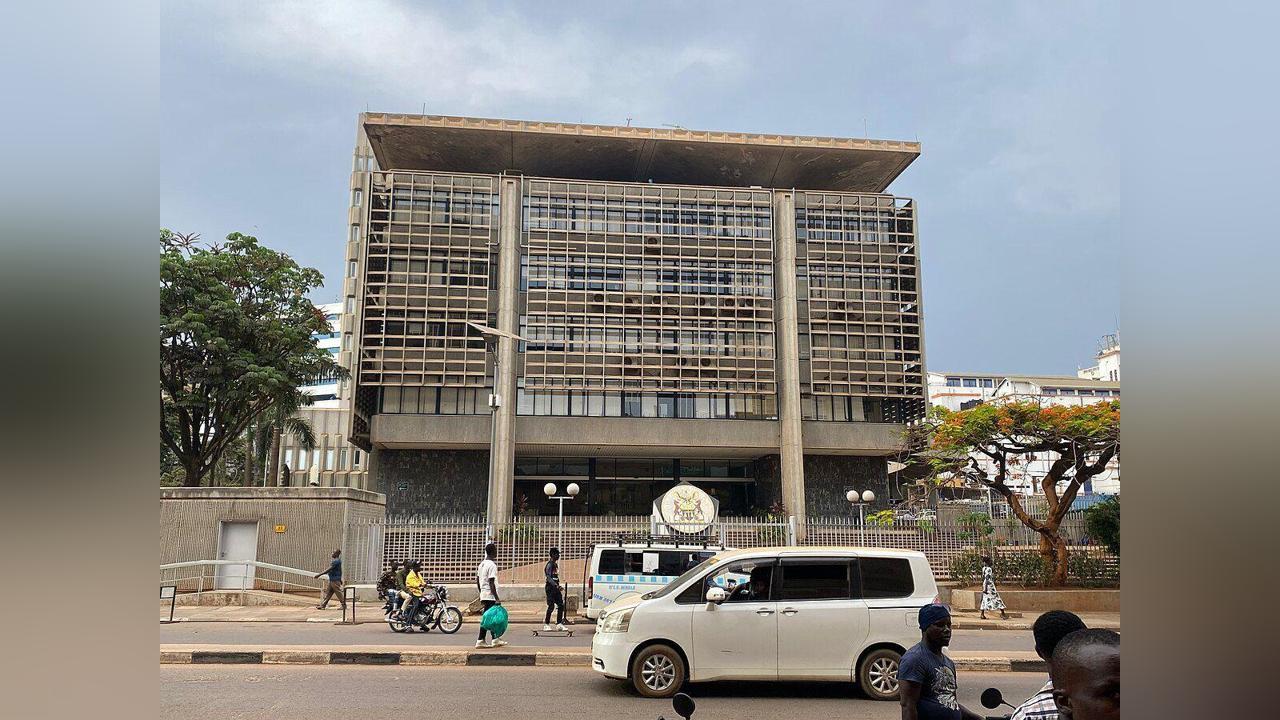Africa-Press – Uganda. Uganda’s economy showed improved macroeconomic fundamentals in October 2025, marked by a stronger Shilling, easing inflation, and robust export performance, according to the Ministry of Finance, Planning and Economic Development’s latest Performance of the Economy Report.
The Ugandan Shilling appreciated by 1.3%, trading at an average mid-rate of Shs 3,463.86 per USD in October, up from Shs 3,507.79 in September. The Ministry attributes the gain to higher foreign exchange inflows from offshore investors, rising remittances, and strong export receipts—particularly from coffee—which outpaced demand for the US dollar.
The Central Bank Rate (CBR) remained unchanged at 9.75% for the thirteenth consecutive month, as the Bank of Uganda maintained its stance to support price stability. Lending rates on both Shilling- and foreign-currency-denominated credit eased slightly during the month.
Government borrowing reached Shs 4.38 trillion through Treasury Bills and Bonds, with yields moving variably across tenors. Private sector credit expanded by 1% to Shs 24.29 trillion in September, signaling improving credit conditions.
Annual headline inflation fell to 3.4% in October, down from 4.0% the previous month. The decline was driven by lower core and food crop inflation, supported by falling prices for bread, eggs, cassava, passion fruits, oranges, onions, and other essential food items.
Uganda’s merchandise exports remained strong. Exports in September 2025 totaled Shs 3.28 trillion (USD 947.33 million), a 35.8% increase from Shs 2.42 trillion (USD 697.60 million) in September 2024. Key contributors included gold, coffee, metals, oil re-exports, and fish.
Despite strong export growth, the merchandise trade deficit widened to Shs 1.77 trillion (USD 511.21 million) as imports—driven by higher private sector purchases of mineral products, machinery, vehicles, and petroleum—rose 43.6%.
Private sector activity remained in expansion territory. The Purchasing Managers’ Index (PMI) recorded 53.4, slightly below September’s 54.0, while the Business Tendency Index (BTI) stood at 57.8, down from 59.1, reflecting moderately positive business sentiment. The Composite Index of Economic Activity (CIEA) rose to 182.69 in September from 181.40 in August, indicating firming domestic demand.
Government recorded a higher-than-planned fiscal deficit of Shs 1.48 trillion, due to revenue shortfalls combined with elevated expenditures.
Across the East African Community (EAC), inflation remained relatively contained, with regional currencies showing mixed performance. The Ugandan Shilling, however, strengthened during the month, reinforcing its resilience.
The Performance of the Economy Report is a monthly publication by the Ministry of Finance, providing updates on Uganda’s macroeconomic trends, fiscal position, external sector developments, and real-sector performance.
For More News And Analysis About Uganda Follow Africa-Press






